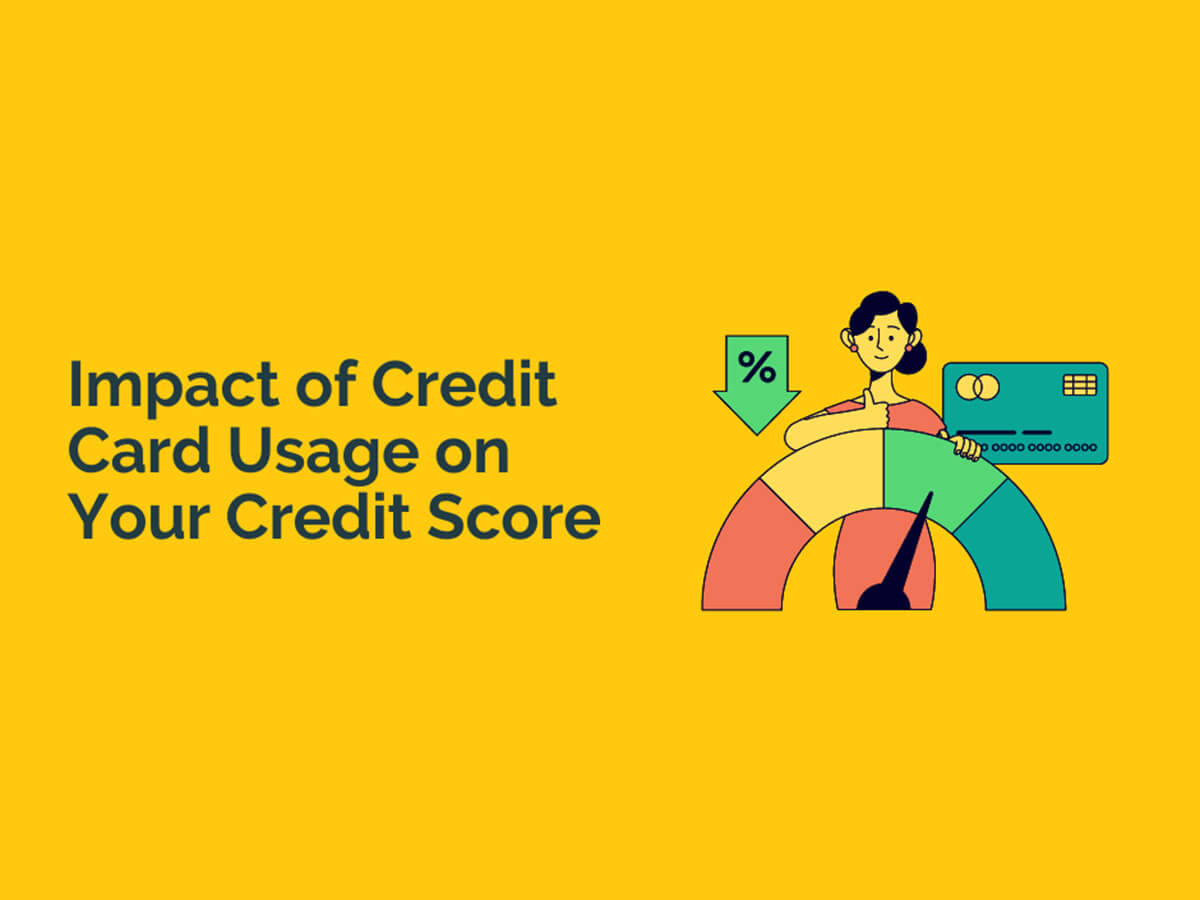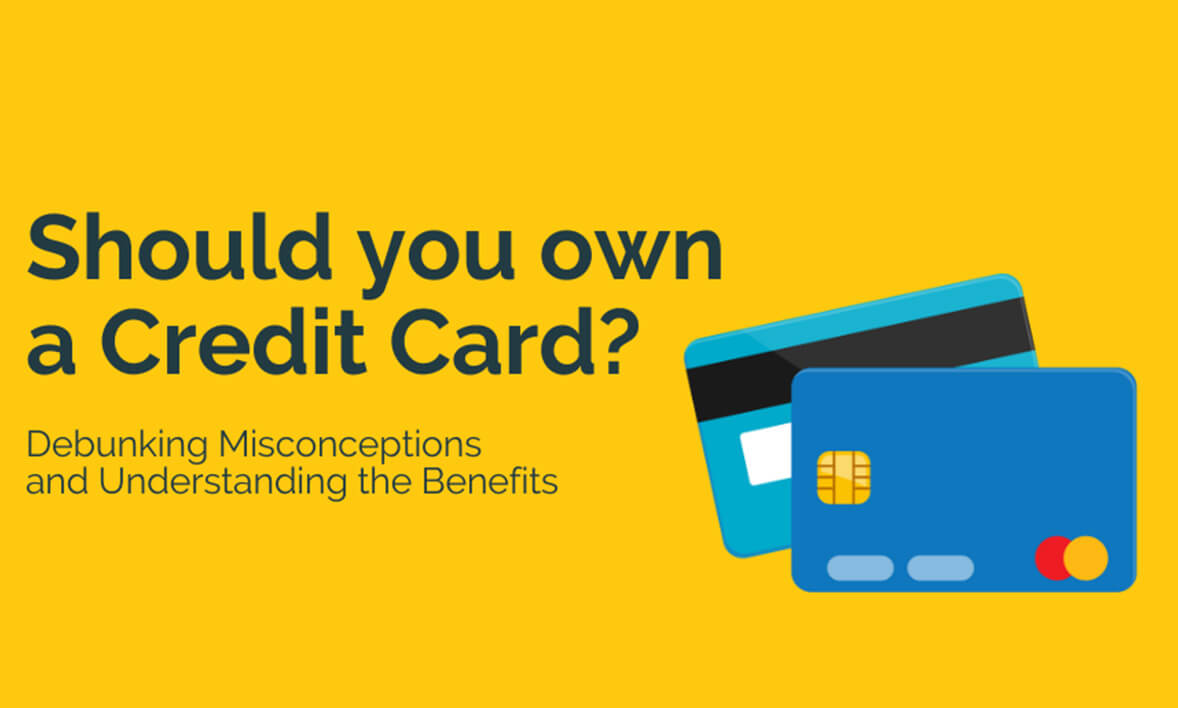A Comprehensive Guide to Optimal Credit Card Usage
Credit card dues in India have grown at two times the growth of regular bank loans, screamed front-page headlines in many newspapers. That’s worrisome, especially during times of rising interest rates. Don't let the news scare you. Learn to use credit cards optimally.
Credit cards are a handy financial instrument, but they can be like a two-edged knife that deals a fatal blow to your financial well-being.
Credit cards, a common financial tool, have transformed our transactional habits, offering a temporary credit line that makes purchases more accessible.
Despite their widespread use, many people fail to fully leverage the benefits of credit cards due to prevailing misconceptions.
This article aims to discard these misconceptions and provide a clearer understanding of how to use credit cards optimally.

Credit Card Usage and Your Credit Score
Using a credit card, contrary to popular belief, does not necessarily harm your credit score. In fact, obtaining a credit card is the first step toward establishing a solid credit score.
When used responsibly and effectively, your credit score can improve significantly, making it easier to obtain loans in the future. However, if not used properly, your credit score will suffer.
As a result, it's critical to do your homework and use your credit card responsibly.
Having a credit card does not automatically result in debt; in fact, it can significantly improve your credit score.
Multiple Credit Cards and Your Credit Score
anks assess the credit utilisation ratio, which measures the percentage of credit you use compared to your approved limit. If you consistently use a large portion of your credit limit, it can be interpreted as a negative indicator of your creditworthiness.
his is true even if you pay your entire monthly bill in full. By spreading your expenses across multiple credit cards, you can ensure that the credit utilisation ratio on each card remains within a healthy range.
f you are concerned about utilising the available credit on your card, it's advisable to maintain a credit utilisation ratio between 20% and 30%.
owever, it's crucial not to have too many cards as it can become cumbersome to manage repayments. Ideally, you should have one card for regular expenses and another for emergencies or significant purchases that arise occasionally.
Pay More Than the Minimum Balance
The minimum balance is the minimum amount required to avoid late payment charges, and it's only a fraction of the total amount due.
However, relying solely on paying the minimum due is a financial mistake. In the short term, it may seem like a temporary relief, but trouble arises when the remaining unpaid balance accumulates and demands repayment.
Paying only the minimum amount due will result in a significant pile of debt due to the high-interest rate, leaving you with no viable solution.
As a result, your credit score will suffer. You must disregard advice suggesting that paying the minimum amount is sufficient. Instead, always strive to pay your dues in full.
Avoid carrying balances forward to address them later, as this can negatively impact your credit score and hinder your ability to secure funds in the future.
Late Payment Consequences
Making late credit card payments, even if you eventually pay the full amount, has a negative impact on your credit score. Consistently being late in bill payments is not considered good credit behaviour.
Moreover, you will be charged late payment fees and interest charges. In today's digital age, banks provide various convenient options, such as online payment and UPI transfers, in addition to traditional methods like cheque payments. With these multiple convenient options available, there's no valid reason to miss credit card payments.
The True Cost of High Annual Fee Credit Cards
Why would anyone choose to pay an annual fee when free credit card options are available? The answer lies in the benefits provided by fee-based cards.
Some free cards may not grant access to airport lounges or offer airline mileage rewards. They may also lack discounts at restaurants and other merchant outlets.
The benefits derived from these cards often outweigh the annual fee. Moreover, many cards waive the fee if a certain usage threshold is met. Therefore, it's advisable to choose credit cards that offer discounts and benefits on the products and services you typically use.
Cancelling a Credit Card and Your Credit Score
Simply cancelling a credit card does not lead to an improvement in your credit score. In fact, without a credit assessment tool, lenders may find it challenging to evaluate your creditworthiness.
Cancelling a credit card should only be considered if you possess excessive cards and wish to consolidate your outstanding balances into one card.
Otherwise, a credit card serves as a convenient tool for lenders to monitor and assess your credit behaviour. Remember, it's all about exercising discipline while using it and ensuring timely bill payments.
Applying for a New Credit Card and Your Credit Score
Applying for new credit, whether for a credit card or a loan, has a small impact on your credit score. However, if you manage this debt responsibly, it has the potential to improve your credit score.
The key is to avoid applying for too many new credit cards, but adding one or two more cards will not harm your credit score as long as you make timely payments.
Never Keep Balance On Credit Cards
If you use your card frequently, it's best to avoid carrying a large balance to avoid paying interest if you can't pay it off completely by the due date.
Keeping unpaid credit card balances can create a negative perception for financial institutions and, as a result, affect your credit score.
The key to mastering credit card usage lies in responsible management and timely repayments.
So, get ready to wield your credit card with confidence and enjoy the benefits it offers!
We are sure you enjoyed reading this article.
If you are interested in investing and want to learn more about Bondbazaar, Sign up now to get started on your journey of common-sense investing. We offer a variety of investment opportunities and the knowledge to help you achieve your financial goals.

